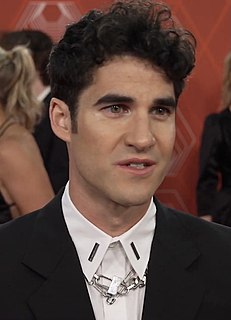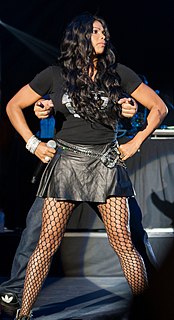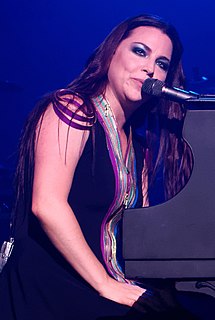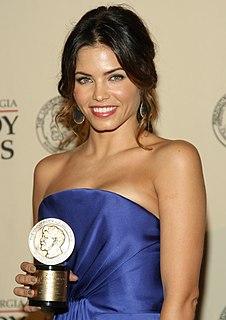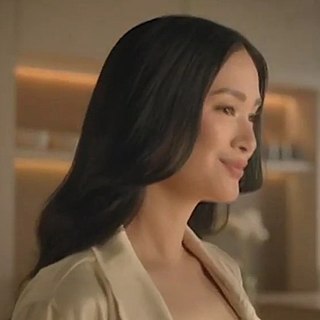A Quote by Future
Artists can most definitely control the culture of fashion. Kids and different fans look up to us for dressing pointers.
Related Quotes
Since the 1960s, mainstream media has searched out and co-opted the most authentic things it could find in youth culture, whether that was psychedelic culture, anti-war culture, blue jeans culture. Eventually heavy metal culture, rap culture, electronica - they'll look for it and then market it back to kids at the mall.
You got to look the part. You have to look like all the successful rock bands look. This is what they do. That's never been us. You know, it's a hard game to play: at the end of the day, we are just a rock band and have so many different cultures of music that we have grown up on, because we are fans of all different kinds of music.
A lot of artists give up because it's just too damn hard to go on making art in a culture that by and large does not support its artists. But the people who don't give up are the people who find a way to believe in abundance rather than scarcity.
They've taken into their hearts the idea that there is enough for all of us, that success will manifest itself in different ways for different sorts of artists, that keeping the faith is more important than cashing the check, that being genuinely happy for someone else who got something you hope to get makes you genuinely happier too.
I saw young women in the street dressing in a way that I thought was influencing the designers. Fashion was being influenced by all sorts of different people, and culture and also across the street. So I saw more as a trickle up, than a trickle down influence. When I came to Vogue, that's what I wanted it to reflect.
My first experiences with fashion were dressing up. It was always about fantasy for me. Dressing up as characters . . . I always thought that's what clothes were - that they would make you into the person you wanted to be. I'm an actress, so I love to act, and I think that's one of the most important things - the thing that makes you feel like another person.
It's how you tell the story that makes it new. That's what artists do. They let us look at the world from a different perspective. They let us look at birds in a way that makes us never see birds again in the same way. That's why I don't think computers are healthy for kids. They're too literal. You pop a button and a bluebird comes out. You pop another button and you can take the color blue and shove it into the outline of the bluebird.






